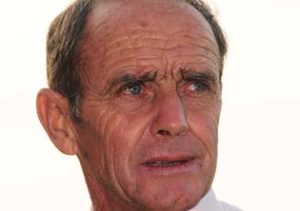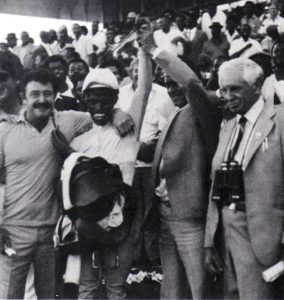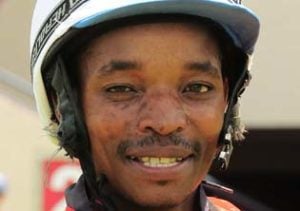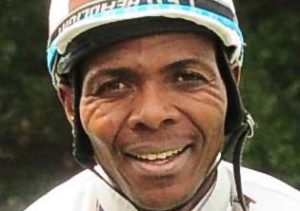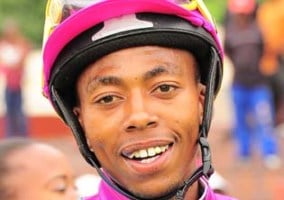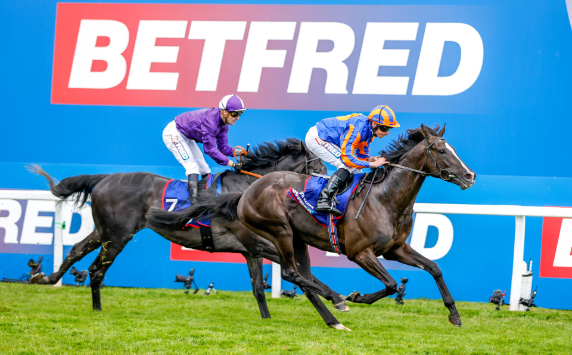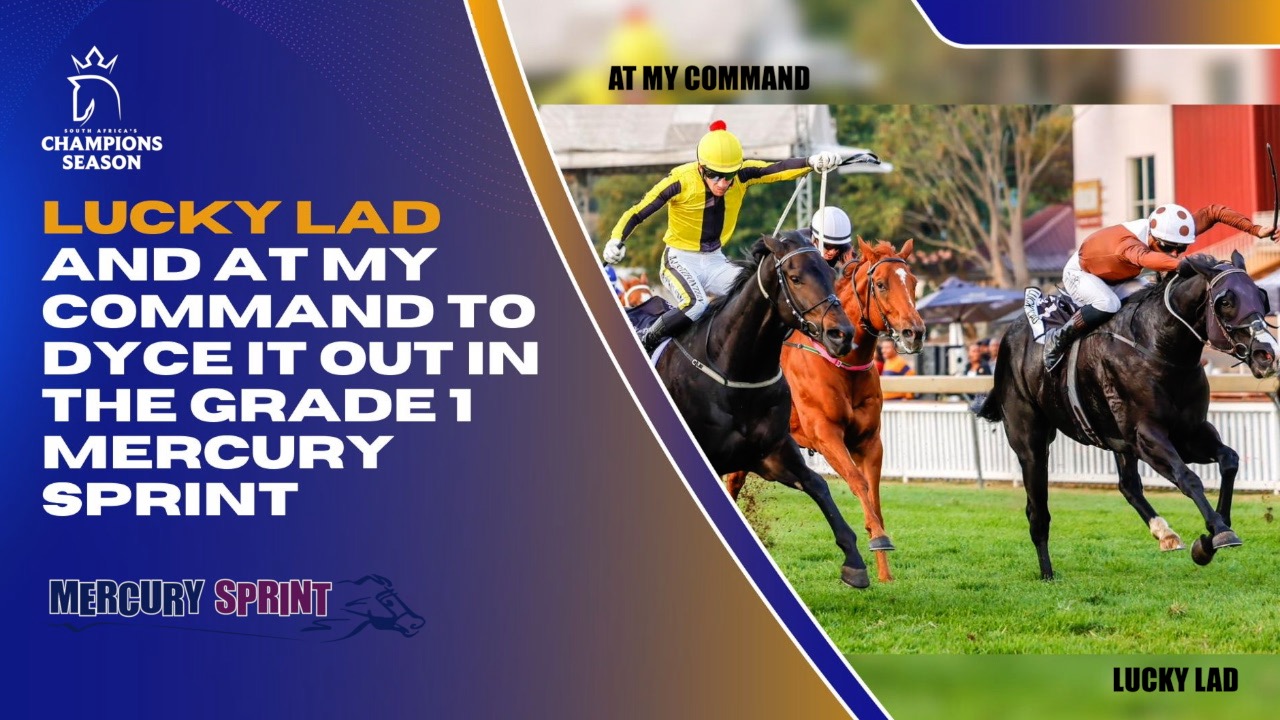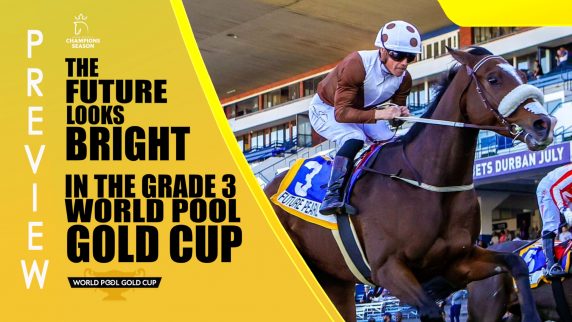Give a man a fish and you have fed him for a day. Teach him how to fish and you have fed him for a lifetime. One time SA Champion Jockey James Maree has made it his lifetime’s work to develop and empower our work riding community.
Maree, born in Johannesburg in 1947, grew up in the shadow of the racecourse. Matters of household finance are generally beyond the grasp of a young child, but the Maree family’s circumstances could fairly be described as modest. When he was about 10 or 11, young Maree was selected by the Star Seaside Fund for their annual trip to Durban. They travelled by train and he vividly remembers assembling in a big hall with the other children and marvelling at a table laden with brown bread and tins of jam. The trip was a revelation and instilled a lifelong inspiration to make a difference in the lives of others.
Early history
Maree snr was a private trainer and determined that his son would be a jockey. It was the days before the Academy, so Maree had to be indentured to a trainer. They were turned away several times before ‘Loekie’ Coetzee agreed to take him in and 13 year old James started his apprenticeship alongside Gerald Turner, who joined the yard a few weeks later. “The stables were at Booysens before it all got developed and I used to cycle to the yard on my bicycle. When we were done, I’d cycle home again and then go to school at around 10 or 11. I was often in trouble because I was always late.” Three years on, Maree achieved the then unheard of feat of changing stables mid-way through his apprenticeship and completed his training under Doug Harris.
He recalls an early incident en route to work. “I was a little boy crossing the road on my bike at Newmarket. A car stopped and the driver called me over and said ‘Maree, come here. You’ll ride my horse Charing Cross tomorrow.’ He pointed to a car parked up the road ‘See that car? You’ll win by that far.’ And with that, the man drove off. I took the ride and we won by 10 lengths. The driver had been Joe Balomenos.”
Stellar career
Maree became one of the top riders of his day, and major career wins included the Rothmans July on Court Day, the J&B Met on Ding Dong and six SA Derbies. The only ‘major’ to elude his grasp was the Summer Cup, where he was runner up three times. Maree was named SA Champion Jockey for the 1965/66 season and was Transvaal champion several times. His career spanned 2 decades and was brought to an end by a bad fall. “I was on a horse called Arriba Arriba. He broke both legs in a race. I’ve never seen anything like it. I dislocated both my hips. I probably didn’t go for the right treatment and have had 3 hip replacements in the last 10-15 years. It’s a fantastic op – you feel like a new person! But I possibly abused it a bit by behaving like a 20 year old again,” he says wryly.
During his riding career, Maree purchased and slowly developed his Alewynspoort training centre south of Johannesburg and when he hung up his riding boots, he moved over to training in 1980.
Those who can, teach
Racing is an odd game in which we spend more on our horses than our cars, and yet we are usually more discerning about who drives our car than who rides our horse. It is an issue close to James’ heart. “We pay such a lot of money for our horses and we were putting on these blokes who had no real understanding of what they were doing. I felt something needed to be done to help them and the horses, and I started out just wanting to cover the basics – I never thought we’d get where we are today.” James succeeded in organising the first work riders’ race at Newmarket on 20 March 1985 which was won by Piet Nhlapo for the Maree stable aboard Taxizato.
Formal programme
The idea for a formal academy developed slowly and it’s now called the Thoroughbred Racing Development Centre. “It was a bit of a hassle in the beginning and no-one was all that keen, but eventually we got the project off the ground. I have to make special mention of Mary Slack and Alison MacKenzie – without their knowledge, belief and backup it would simply not have been possible. We’re very lucky to have the support of all the major role players in the Racing Trust, the RA and Phumelela which gives us the means to do the job right. There’s no window dressing and what you see is what you get.”
“It’s grown a lot and we now offer a four month basic course open to grooms from all the different centres. We run the course 3 times a year and it covers basic work riding, a bit of pace work and ensuring that the riders are genuinely in control of the horse. The most important thing is the seat and ensuring that riders are sitting in the right place and are correctly balanced. It has to fit around their full time jobs, so candidates attend during their leisure time and it requires a lot of commitment. There are no fees – we just require a nomination from a trainer. We collect the riders by bus at around 11 and teach both practical and theory lessons, we give them lunch and have them back to their yards by around 2pm. If we feel any individuals are sufficiently talented and dedicated, we invite them back for our advanced course.”
Advanced course
“The advanced course is for the individuals we deem sufficiently talented and competent to be race riders. It focuses on teaching riders the skills to give their mounts every opportunity to win without being a danger to themselves or other competitors in a race. They are taught to get out of the stalls quickly, place their mounts in an optimal position as well as what to do if things do not work out as planned. They learn to maintain the correct position in the saddle and how to stay balanced and in rhythm, especially at the end of a race, when you need a secure base in order to push. They learn to switch off a horse, change whip hands without unbalancing their mounts and how to have full control in all stages of a race.”
“We’ve taught hundreds of riders now and found a lot of talent and ability. A few have gone on to become full time riders, including LJ Katjedi, Piet Ndhlovu, Louis Nhlapo, his brother Sipho and Menno Malherbe. The Ndhlovu family have been with me for years and still live on the farm. Piet eventually became a professional jockey, but sadly died in a car accident. His wife runs a little shop on the farm now. They named their son Charles after me and he is also a rider.”
Satisfaction
“The biggest satisfaction is enabling people to develop their skills, be better at what they do and giving people the opportunity to reach their potential. Five-time champion work rider Abram Makhubo also received training from us and I have to make a special mention of Mike and Diane de Kock. A lot of people don’t realise how much the De Kocks put back. They’ve really gone all out to assist and support the grooms and work riders and I am so impressed and grateful to them for how much they continually put back into racing.”
The race days are an integral part of the programme for a number of reasons. “You can’t buy the kind of experience of a real race. No-one can work a horse at its optimum unless they’ve ridden in a race and understand the pressures and capabilities of our horses. Racing experience is invaluable for teaching awareness and a true understanding of what horses are required to do under race conditions. It helps understand instructions and the reasoning behind them on the training tracks and race riding helps increase rider fitness enormously. Another practical aspect is that modern jockeys spend most of their time travelling and simply don’t have time to gallop horses, so it is increasingly important for trainers to have good work riders. Without them, we might as well all go home. These riders are playing an increasingly major role in horse racing and becoming more skilled and competent gives them enormous job satisfaction, along with the obvious remuneration benefits.”
Work Riders’ Challenge
“We’ve developed a good pool of competent work riders and progressed to the point where we have around 72 work riders’ races per year and 3 race days dedicated solely to work riders. There are 9 races on each of the 3 days and we’ve built in the World Riders’ Challenge. We’ve not had one serious accident and I am very proud of the fact that we can get through an entire card without any objections or interference – that’s more than one can say for most ‘professional’ race days! The betting public are growing more confident in these riders and have been wonderful about supporting them – the betting turnover is on a par with normal race days. We couldn’t do it without the trainers of course and we get great support from the guys who are not afraid to nominate their riders and their horses.”
The Work Riders’ Challenge is in its fourth year now and it’s put together and funded by Phumelela, the Racing Association and the Racing Trust. It consists of 3 race days in which the riders can compete in as many races as they feel able. The challenge started on 25 October last year on the Vaal sand, the second meeting was on the Vaal turf on 4 February 2014 and the last leg of the challenge was held on 3 May at Turffontein. Points are allocated for wins and places with there being 10 points for a win, 7 points for second, 5 points for third and 3 points for fourth. The leading points earner on each day is awarded R5,000 in addition to their race riding fees. At the end of the challenge, the overall points scorer is awarded R20k, the runner up gets R10k and the third placed rider is awarded R5k. Chamu Mabaya was this year’s winning rider with Samuel Mosia in second and Francis Semela in third.
Unsung heroes
“It’s a tough profession which probably doesn’t get the recognition it deserves. You need the right attitude if you want to succeed, but these are all very promising, stable young riders who can comfortably hold their own amongst our current jockeys. It grants them the independence to progress from being grooms to being professional work riders and being recognised and paid for their skills. It is important to remember that these guys are often supporting families, if not whole communities and for them to achieve success and the associated financial benefits, goes well beyond what most of us imagine. They become heroes in the eyes of their local communities.”
James concludes, “I rode for a long time and I was champion jockey, but am still learning on a daily basis. You never stop learning. I enjoy working with these guys and it gives me enormous satisfaction watching them develop their skills and giving them the opportunity to reach their full potential. It helps them, it means we get better, happier, more competent work riders and happier, healthier horses.”


